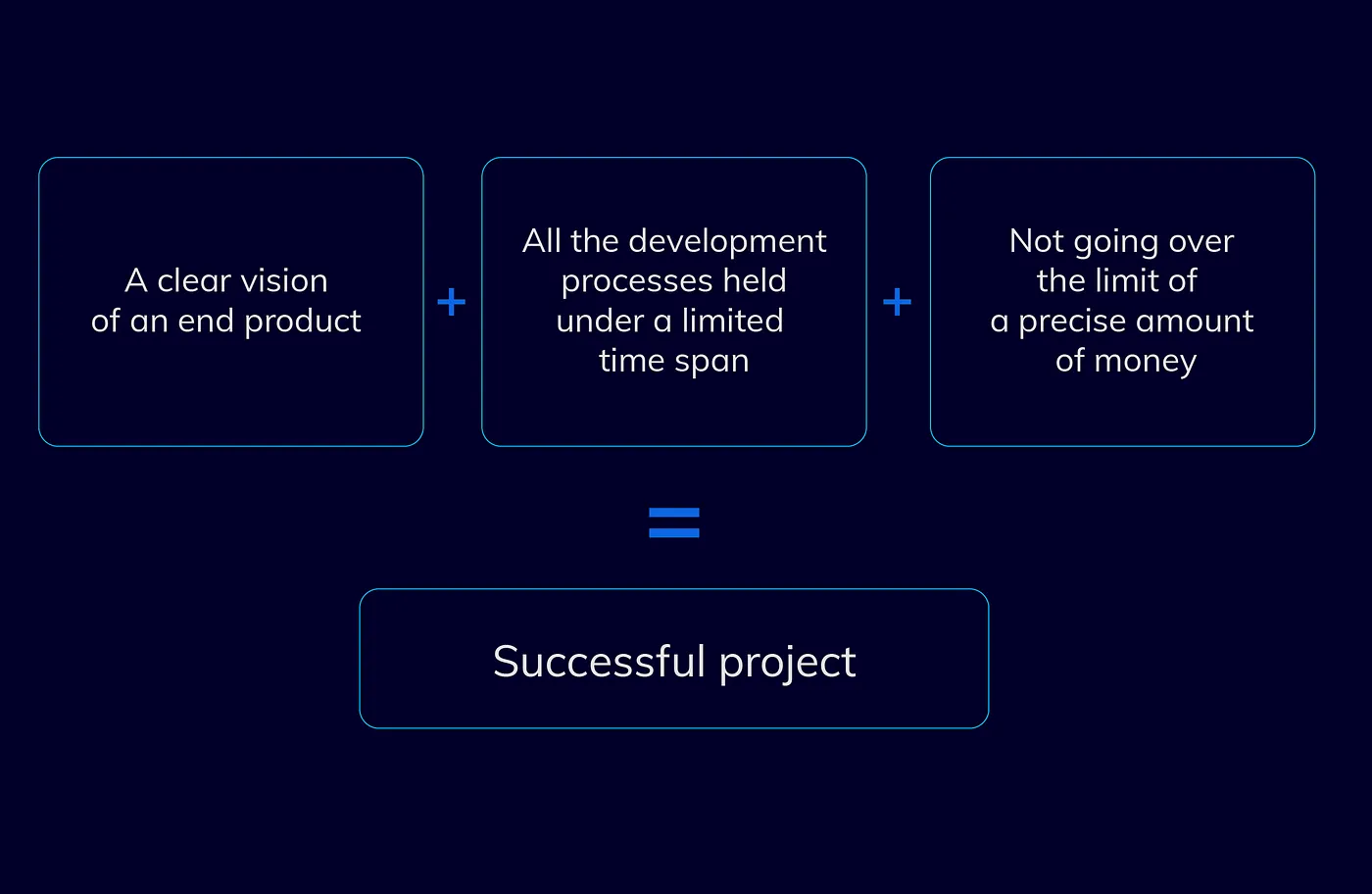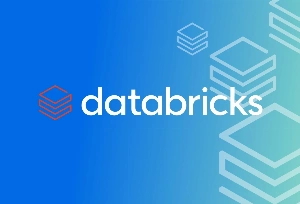Apparently, all three components of the formula are very and very important for successful product development, but in the end, the prosperity of the end product is determined by its competitiveness in the market. And while the app, for example, seemed innovative and up-to-date in February, in May there might be a new one built with more novel technology. The modern world doesn’t stay still and even perfectly completed projects may result in futile products.
Here are three reasons why:
- Technological disruption. Rapid innovation may cause unwanted surprises in the face of superior technology that your team is using. If the competition adopts it, their product will be better and more desirable for the target audience. It won’t matter how good the product is if it’s already obsolete.
- A dynamic understanding of value. Value is the crucial part that defines the user experience. The product must solve the issues of the customers and satisfy their needs. In an ever-changing market, the needs of customers change constantly. Project thinking with its set budgets, scope, and time estimates may not be capable of responding to that in time.
- Digitalizing world. Making progress in a project-to-project manner may leave you behind on the new market rules to abide. By the time your project gets completed, the target audience becomes more digital and goes mobile, losing interest in what you have to offer.
Summing up, project management is a good solution for not very big projects with a limited budget that must be presented to stakeholders on time. But to remain dominant in the market and improve on a continuous basis, something bigger and broader is required.
Product mindset
The product mindset concentrates on the outcomes the team delivers rather than on outputs. The idea of product thinking doesn’t involve very strict product planning bound to deadlines and fixed budget but still requires quality product management to set the product timelines and supervise product development in an evolving perspective.
Most of the great companies like Apple, Tesla, Netflix, and others have made their choice for a product focused strategy aiming at shaping constantly evolving brands. Apart from these big names, Gartner’s survey has shown that 55% of surveyed organizations have also opted for product focused process.
Project to product shift gives opportunities for new innovative ideas, opens new ways of market-oriented product development that have changed the focus from schedule to user experience improvement. The intensified focus on product management has also paved the way for businesses to develop software at a lower cost, faster time, and high code quality.
With a product focused process we assume at the beginning that we already know how to get the desired outcome. We start from product planning which includes all the requirements, timelines, and milestones. As soon as we make sure, the solution is right, we move from product planning to its execution, continually improving the product.
What else the product mindset brings to our business?
Product thinking sustains the value
Success is when your solution remains in high demand and satisfies an equal amount of users' needs. The technology and change of evaluation continually disrupt the markets. Product thinking means being ready to respond to that.
If there has emerged a new technology that works better than your developments — innovate. It is crucial to find ways to innovate by adopting new techniques to make the solution even better (faster, more comfortable, more straightforward, choose any).
Product thinking solves the problem and focuses on the outcome
Instead of a cliche project mentality pattern that focuses on the idea and the completion of the project, product thinking requires one to answer the “What’s next?” question. Rather than focusing on finishing the project, it is now more important to think of the outcome you want to achieve. Product focused strategy unlocks more opportunities and possibilities. There may be perfect innovative APIs to boost your product, for example. Product thinking offers the freedom to think outside of the single project’s lifespan, making you one step ahead of the competition.
Product vs project mindset: which is yours?
In a project to product opposition, I’ll give my vote for product mindset. Thinking about solving the problem and the potential outcome allows creating a strategy with built-in agility. Product thinking allows us to respond to disruptions swiftly and to come out on top in the end. Project mentality is perfect for reaching small objectives and building on existing progress. It makes teamwork like a clock to get the development phase done.
A smart combination of the former and the latter is an optimal strategy for dominating your niche and reaching the set target on time while being able to protect the progress from external factors.
And what is your own mindset? We are eager to learn from your experience on this topic!







